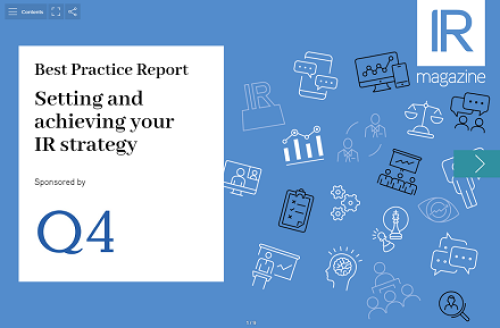Sovereign wealth funds’ (SWFs) flight into off-market investments slowed considerably in 2017, according to a survey by the International Forum of Sovereign Wealth Funds (IFSWF).
The report, which looks at activity among 61 of the state-owned investors, including global behemoths like the Abu Dhabi Investment Authority and the China Investment Corporation, finds a sharp drop in the number of real estate and infrastructure deals, from exactly 100 in 2016 down to 70 in 2017, representing a decline in value from $25 bn to $23 bn.
The IFSWF says its findings overturn the ‘well-documented trend in recent years’ of state-owned investors using their scale and resources to pump money into off-market opportunities. Dealing with this, the group says in a statement: ‘This observation could be a one-year aberration or a signal that investments in unlisted markets have plateaued after years of steady growth.’ Only time will tell which path is followed.
SWFs decreased their deal-making in commercial and office property last year, as well as luxury hotels – a typical mainstay of their portfolios, IFSWF reveals. Meanwhile, in infrastructure, as well as hot competition from pension funds seeking safe, bond-like investments, some SWFs have also encountered resistance from regulators worried about foreign governments owning chunks of their national assets.
The IFSWF says that, as a result, some sovereign funds are turning to infrastructure investments in emerging markets, particularly in Asia and Latin America, with 17 such deals completed during 2017.
The IFSWF notes: ‘Although this is not a new trend, it has intensified over the last year. While it might, on the face of it, appear to be a higher-risk strategy, emerging markets can carry lower potential political risks as there are fewer concerns about foreign investment in infrastructure, and SWFs can pair with a domestic promoter.’
The use of such partnership deals is also on the rise. ‘In 2017 the trend reached a new high as SWFs completed 203 investments in a consortium or partnership, more than double the number of solo deals,’ notes the IFSWF.
The organization says national governments are encouraging such deals to attract foreign investment, singling out the $10 bn Russian Direct Investment Fund. In October last year, it teamed up with Bahrain’s Mubadala Investment Company and the Public Investment Fund of Saudia Arabia to finance the construction of transport infrastructure assets across Russia.










